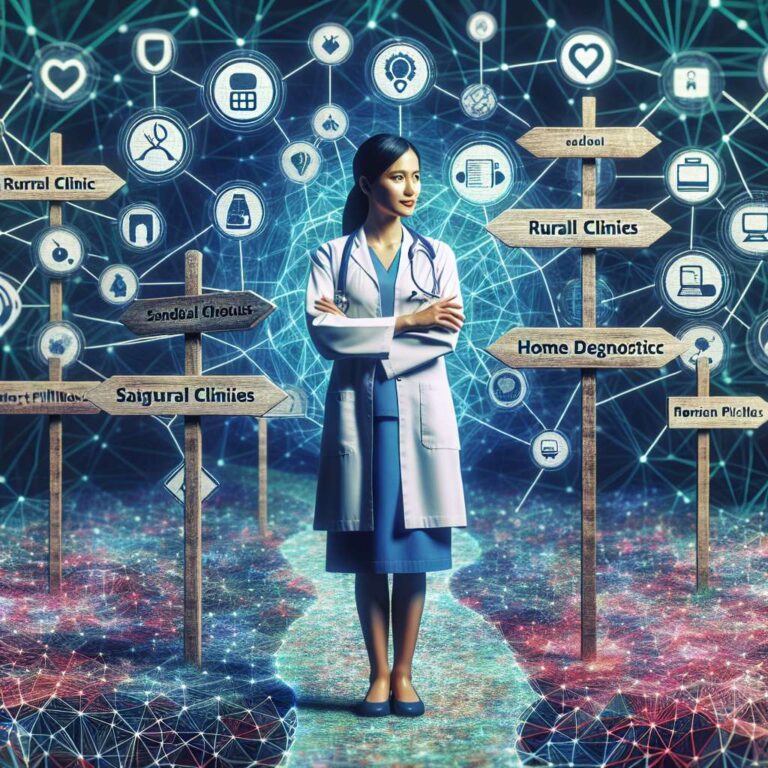This week’s roundup explores the rapidly evolving landscape where artificial intelligence and digital health intersect to deliver tangible solutions across the healthcare spectrum. Clinicians at Texas Oncology are adopting artificial intelligence-driven tools to minimize administrative burden while maintaining ethical integrity, reflecting a growing trend toward efficiency and values-driven innovation. At the same time, researchers are leveraging artificial intelligence in Munich to create bio-inspired models capable of predicting motion faster than conventional synthetic systems, pointing to a future where diagnostics and patient monitoring continually improve in speed and accuracy.
Artificial intelligence is also driving equity and access in underrepresented populations. In elderly hematology, data-driven platforms are optimizing complex care and addressing gaps in representation, a chronic issue in clinical research. In Taiwan, the ´Go Healthy´ campaign is catalyzing a surge of artificial intelligence-powered health technology startups, while a smart pillbox in China uses real-time nudges to improve adherence to HIV preventive medication. Meanwhile, an artificial intelligence-supported asthma app in Wales is reducing health inequality and increasing symptom-free days—a critical benefit for vulnerable populations. Similar efforts are underway in sub-Saharan Africa, where artificial intelligence and IoT tools are deployed against heart disease, despite connectivity hurdles.
Diagnostic innovation is a prominent theme. Global tools are now using routine laboratory results and artificial intelligence to classify leukemia subtypes efficiently, and the PanDerm artificial intelligence system is empowering non-dermatologists with improved skin disease diagnosis accuracy. Home-based apps in Japan can assess eczema severity with a precision rivaling dermatologists. Bayesian artificial intelligence models in the US are flagging early immunodeficiency cases linked to autoimmunity, enabling preventive interventions. In Brazil’s Amazon region, clinics harness artificial intelligence to dramatically cut prescription errors while improving system efficiency.
On the therapeutics and operational front, digital twins are emerging as the newest paradigm: blending artificial intelligence and simulation to offer personalized patient care. Mobile mental health programs reduce anxiety and foster stronger brain connectivity. Digital physiotherapy platforms are reducing administrative workload, alleviating patient pain, and boosting returns on investment. Artificial intelligence is revolutionizing clinical trial management, promising significant cost reductions and accelerated timelines for drug development. Startups like Ellipsis Health are scaling artificial intelligence-empowered empathy engines for broader accessibility in mental health care management, underlining the sector’s commitment to both innovation and compassion.

